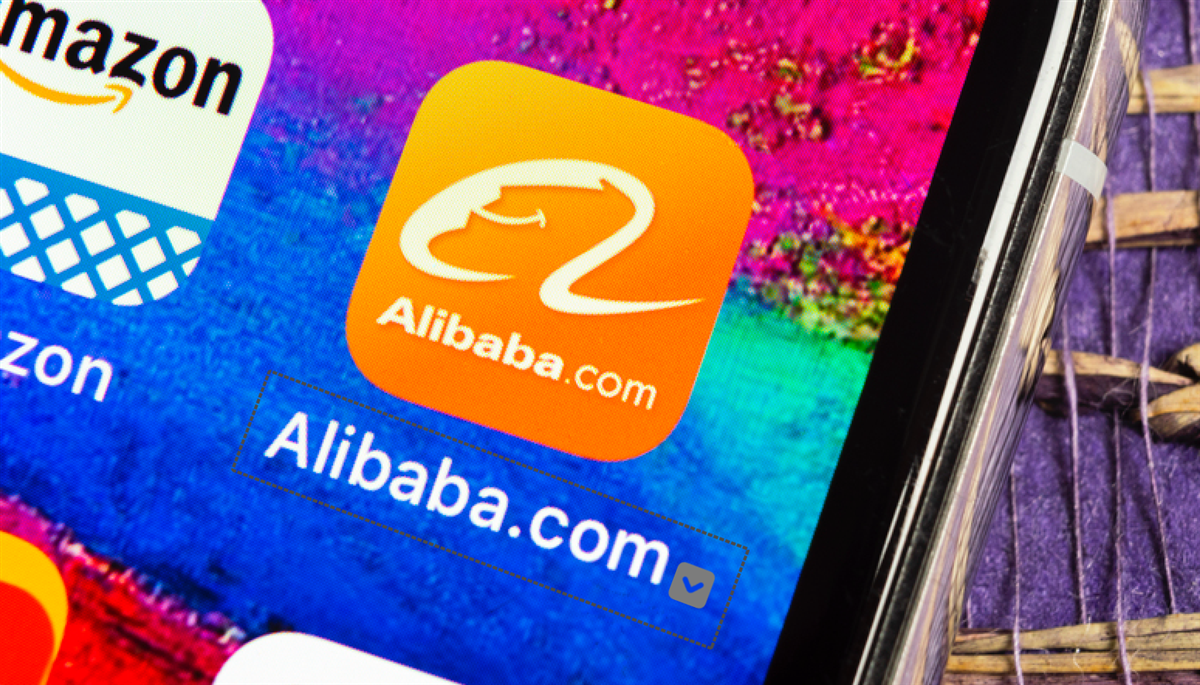
It’s the end of the 2024 trading year. Now that investor attention – and capital – is headed to 2025, a few resources might be useful for figuring out the best ideas and trends to invest in in the coming months. One of these resources is Barron’s top stocks list for 2025, released every end of the year and followed by many for their accuracy on average at picking good companies to hold over the next 12 months.
Today’s list included a name that has been the center of some controversy recently. As part of overseas stocks in China, it is not a company that has inspired a lot of comfort among investors. However, that is exactly where a true value investor finds his or her best ideas: when nobody else is willing to do the homework because everyone else just seems to be too against the idea.
That stock, or the opportunity for that matter, is found in technology sector giant Alibaba Group (NYSE: BABA), and it isn’t only Barron’s who liked the stock enough to express their optimistic view on it.
Several analysts on Wall Street are also boosting their ratings and valuations for Alibaba stock, not to mention the various institutional investors surrounding the stock near its lows.
Here are some reasons why Barron’s decided to pick Alibaba this year.
China’s Economy Calls for Stock Buyers
There is a major divergence in Asia’s bond market. Today, yields would make China’s economy the best risk-to-reward ratio in the region. Yields have fallen below Japan’s on a 30-year bond basis, meaning markets are now pricing in less risk and volatility in China than in Japan.
Then there is the fact that the iShares MSCI China ETF (NASDAQ: MCHI) offers a dividend yield of up to 2.5%, which is above the Chinese ten-year bond’s current yield of 1.7%. In any other market, when stocks offer a higher yield than the country’s ten-year bond, there is typically a buying spree.
Well, there hasn’t been one in China for the most part, and that should tell investors that this is a fear-driven market where they can follow Warren Buffett’s advice and “Be greedy when others are fearful.” On the other hand, a few mega investors have been quietly building massive positions in Alibaba before it becomes too popular.
Institutional Capital Flows to Alibaba Stock
Over the past few quarters, investors like Michael Burry and David Tepper, managing billions in capital for their hedge funds, have made Alibaba stock their largest position in their respective portfolios. Then, even George Soros, who was not too keen on taking foreign stock positions, initiated a multi-million dollar investment in Alibaba.
These investors were not alone, however, as allocators from Sanders Capital decided to boost their Alibaba stock holdings by 0.3% as of November 2024. This may not sound like much on a percentage basis, but it did bring their net position to a high of $1.9 billion today, placing them among the largest institutional shareholders in Alibaba.
What are these buyers seeing in the company that most of Main Street just seems to be missing out on? Well, that’s where retail investors can start to take analyst views and sentiment into account. Today’s price target on Alibaba stock, the Wall Street consensus, stands at $114.1 a share, calling for up to 35.3% upside from today’s prices.
However, some are willing to stand outside the pack and give Alibaba a more reasonable valuation based on its recent price action, like those from Barclays. These analysts kept an overweight rating on Alibaba stock as of November 2024, valuing the company at $130 per share to imply a much bigger rally of up to 54.2% from today’s price.
Even more aggressive are the targets set by Macquarie from October 2024, where their outperform rating came along with a $145 a share valuation. To prove these analysts right, Alibaba stock would have to stage a 72% rally to give investors a start to 2025.
As bullish as these targets are, they still don’t reflect the big picture. Analysts thought Alibaba stock was worth up to $246 a share in 2021, and judging by the company’s financials, that valuation should have never gone away in the first place.
Knowing that the stock is cheap today, especially as its price-to-earnings ratio (P/E) of 17.1x falls well below the retail sector’s average valuation of 108.9x, Alibaba’s management decided to allocate up to $25 billion to the company’s share buyback program. This is a vote of confidence in the company’s future valuation that investors should not ignore.

